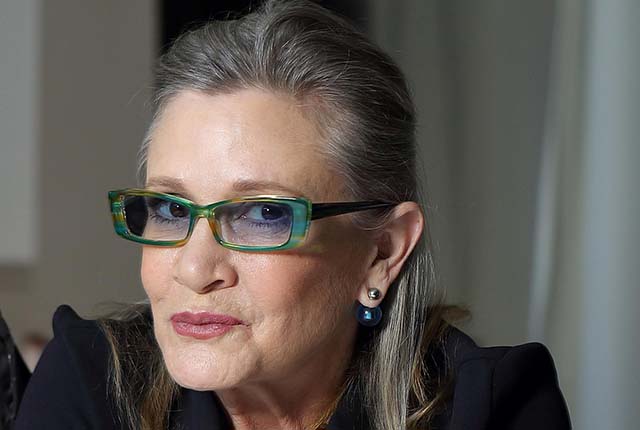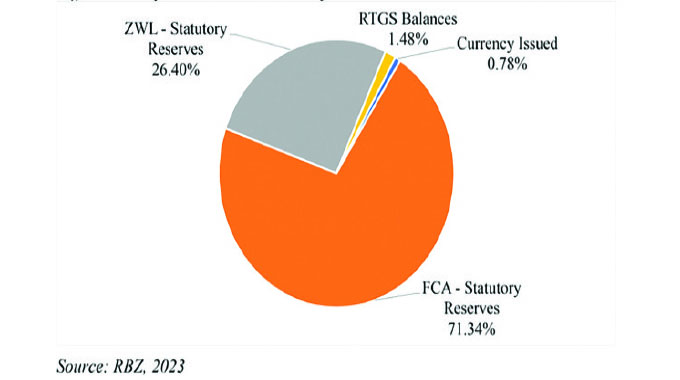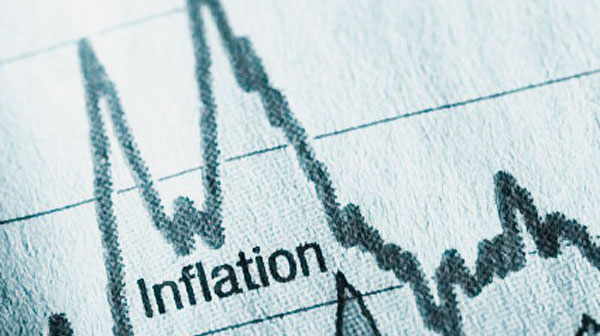Online retail firms get reality check in 2016
Bengaluru. – A population of more than 1,25 billion, rising mobile Internet penetration and increasing incomes are supposed to make India the last big unconquered e-commerce market in the world.But this year, the online retail market is set to show little or no growth, raising worrying questions about the potential of the e-commerce market relative to the rosy projections of investors who have pumped billions of dollars into Flipkart Internet Pvt Ltd, Snapdeal (Jasper Infotech Pvt Ltd) and other Indian Internet start-ups.
According to estimates by e-commerce executives, investors and research firms, online retail amounted to just $14-14,5 billion in 2016. Last year, Indians spent roughly $14 billion on shopping online, according to RedSeer Management Consulting Pvt Ltd.
Estimates of a $60-100 billion Indian e-commerce market by 2020, which had driven the record funding boom of 2014-15, now seem highly improbable.
As investors demanded e-commerce companies to pare their massive losses, online marketplaces Snapdeal and to a lesser extent, Flipkart, reduced spending on advertising and discounts, leading to weak sales in the first nine months of the year.
E-commerce recovered in the festive season month of October as Flipkart and Amazon India (Amazon Seller Services Pvt Ltd) offered deep discounts and advertised extensively. But the shock demonetisation of high-value currency notes in November has brought that nascent recovery to a halt in a market where most e-commerce transactions take place on a cash-on-delivery basis.
“The overall e-commerce and retail market did grow during the first half and till the October-December quarter — but demonetization has hit businesses very hard. And that is resulting in lower-than-expected numbers and is a big reason why (the market) has remained flat,” said Rahul Chowdhri, partner at Stellaris Venture Partners, a new venture capital firm.
“Whether this trend continues in 2017 will depend largely on consumer confidence. We should see growth as far as essential items are concerned. But for non-essential items such as smartphones, furniture and other items that people usually buy cyclically, growth will be tougher to register,” he said.
E-commerce is expected to return to normal only some time next year.
“Qualitatively, this has been more or less a flat year (for e-commerce). We saw a couple of things this year — the user base for electronic transactions and digital payments has capped out. And then demonetization in November has hit businesses very hard. It’s difficult to see a quick recovery, since everybody will be feeling the impact of demonetization till at least April-May next year,” said Rutvik Doshi, director at the India arm of Inventus Capital Partners.
The unexpected slowdown in e-commerce, which comes after several successive years of 100 percent-plus growth, is worrying not just for Indian e-commerce firms and start-up investors but also for Amazon, which has committed $5 billion of investment in India.
Since launching its Indian site in June 2013, Amazon has expanded rapidly and is now running neck and neck with Flipkart. But its growth this year has come mostly at the expense of Snapdeal and Flipkart rather than from an expanding market.
Amazon, however, insisted that the broader e-commerce market is growing. “I feel when you have 97 percent of pin codes place at least one order (Amazon saw people from 97 percent of all pin codes in India place at least one order in its October sale), I haven’t seen any other industry have that kind of penetration in such a short time. I see 1 500 new sellers breach the Rs1 crore club, it shows that the growth is prevalent on the platform and not just limited to a few people,” Amazon India chief Amit Agarwal said in an interview.
Flipkart declined to comment on whether the e-commerce market had witnessed flat growth in 2016, but said that it continued to be in a dominant position against competitors such as Amazon. The company expects the e-commerce market will grow next year.
“All recent reports and surveys have confirmed Flipkart’s position as the largest and the most trusted e-commerce brand,” a Flipkart spokesperson said in an email. – Livemint.com







Comments